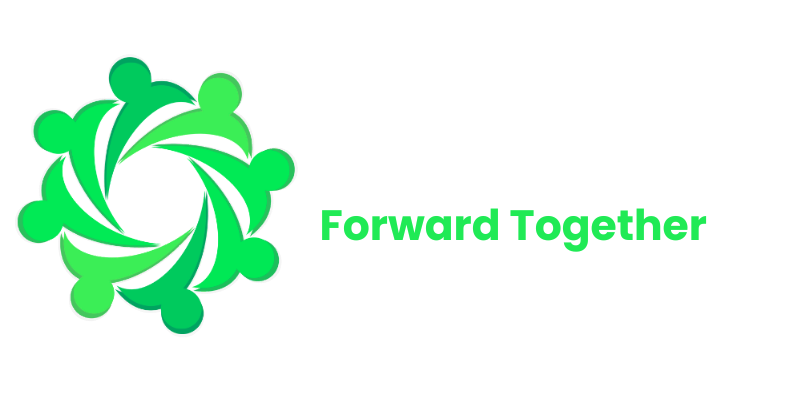Independent Ireland welcomes end to most controversial elements of Government’s Hate Speech Legislation
Independent Ireland’s 3 TD’s were among the 14 deputies who voted against Government’s Hate Speech Legislation
Independent Ireland welcomes end to most controversial elements of Government’s Hate Speech Legislation
Independent Ireland has welcomed the decision by the Irish government to end its efforts to pass the Criminal Justice (Incitement to Violence or Hatred and Hate Offences) Bill 2023, commonly referred to as the Hate Speech Bill. The legislation, which has been the subject of significant controversy, was met with strong opposition from both political and non-political actors.
Leader of Independent Ireland, Michael Collins TD, stated, “Independent Ireland TDs were some of the few to oppose this legislation in Dáil Éireann, and one of only two parties to oppose it entirely.” He went on to acknowledge the support of other Independent TDs, adding, “We were heartened by the fact that many other Independents, many of whom are very well-respected and share a common-sense approach like our party does, also opposed this bill when it was debated in April last.”
The Hate Speech legislation has faced resistance from a wide range of critics. Many legal experts have described the bill as “fundamentally flawed” and “simply bad law.” According to Independent Ireland, the legislation was “ambiguous” and “clearly a tool designed to censor opposition to government policy,” with the party asserting that it was “designed exclusively to hinder free speech.”
Independent Ireland has consistently championed the fundamental rights enshrined in the Irish Constitution, with Michael Collins reiterating the party’s position: “Without the freedom to speak, we restrict the freedom to think. The fundamental freedoms enshrined in our Constitution, and generally accepted as a core tenet of an open, free, and liberal democracy, cannot and should not be jeopardised by fundamentally flawed and bad law, such as the Hate Speech legislation.”
While the government’s efforts to pass the legislation have now ended, Collins expressed concern that it had taken the government too long to recognise the lack of public support for such a measure. “It simply took far too long for the government to realise that there was no appetite among the Irish people to sacrifice their fundamental rights, which were hard-earned by our forefathers.”
Independent Ireland has consistently reaffirmed its commitment to protecting free speech, even for opinions the party does not agree with. “Independent Ireland has committed on numerous occasions to protecting the rights to freedom of expression, including the freedom of speech for opinions which we do not agree with. This principle is at the heart of a functional democracy,” Collins added.
The party has signalled that its forthcoming Law and Order policy document, which follows recent releases of housing and agriculture policies, will further reiterate its commitment to the protection of freedom of expression, speech, and association. Independent Ireland has also emphasised that these rights are explicitly protected by the Irish Constitution as fundamental and “God-given.”
While many politicians and commentators have welcomed the government's decision to drop the legislation, some critics remain cautious, suggesting that the move could be a strategic response to public pressure in the lead-up to elections. Nevertheless, Independent Ireland’s councillors and representatives, including MEP Ciarán Mullooly and party chairman Councillor Ken O’Flynn, have consistently opposed the bill.
Retained provisions
While welcoming that ambiguous elements of the legislation such as the ambiguous provisions which Independent Ireland, and other critics, say would mean the possibility of the creation of restrictions on free speech and free thought, the party have cautioned the fact that the Government have decided to proceed with the “hate crime” elements, noting: “Hate crimes are already crimes. The motivation of a crime while relevant to a judge in sentencing upon successful conviction do not change the fundamental nature of a crime.
“For example, if an assault is perpetrated, for whatever reason or none, the perpetrator must be brought to justice. Creating law which must be interpreted by the courts such as ‘hate crimes’ is essentially virtue signalling.
“Fundamentally, these provision do little more than reinforce existing laws: assault, murder, defamation etc are all already contrary to the law of this land. Adding more law should be cautioned against. And, as a party, we would not support such a law as we believe the laws on the statute books are already sufficient to deal with ‘hate crimes’ and as a party believing in limited government, we see no tangible value other than political point scoring in passing such laws.”
